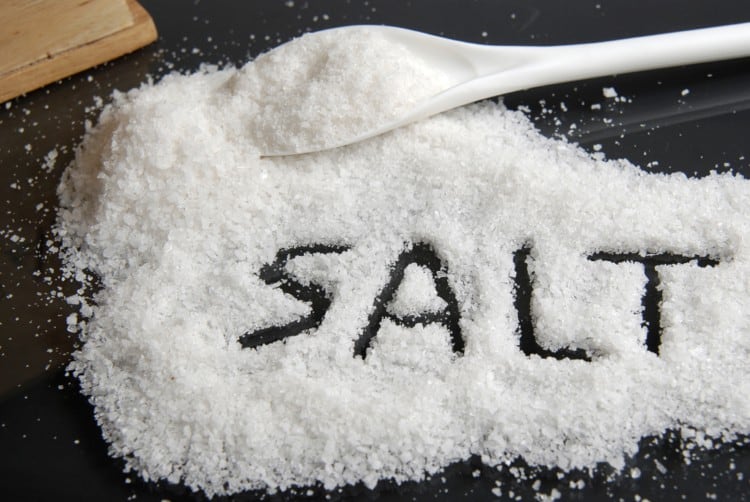The proposal was initiated as early as last year, but saw opposition and did not progress for some time.
It was revived again earlier this year, when Excise Department Director-General Patchara Anuntasilpa told local media that the department was finalising details of this proposed tax with the Ministry of Public Health and would submit this to the Finance Minister by the end of the year.
“The salt tax has never been imposed before in Thailand, but it has already been levied in many developed countries,” Anuntasilpa told Khaosod.
“The department is studying the effects of salt intake on health to determine [how] the tax [should] be collected.”
The plan is to implement this tax via a similar model as Thailand’s sugar tax, which is by levying this on processed foods such as instant noodles and other products, canned foods and frozen foods.
That said, snacks, condiments, high-sodium seasonings and other ‘everyday staples’ are not expected to be part of the proposal – basically, added sodium which acts as a flavour enhancer will be taxed, but not sodium which is used as a preservative.
“The tax rates must be high enough to prompt consumers to change consumption behaviour. [The] higher the sodium content, the higher the levy,” Bureau of Tax Planning Director Nutthakorn Utensute told Bangkok Post.
He added that frozen foods are a major category of debate between the Excise Department and the Ministry of Public Health, as the former is opposed to this in lieu of the tax fairness principle (so if the same fresh foods are exempt, frozen foods also should be exempt), whereas the latter is concerned about the high sodium content in frozen foods.
That said, the food and beverage industry in Thailand is not convinced that this is the right step forward.
“Thais consume around [just] 20% or so of their diet from packaged foods, the rest is from home cooking and different types of vendors/food service,” Food Science and Technology Association of Thailand (FoSTAT) Chairman Professor Anadi Nitithamyong told FoodNavigator-Asia.
“Salt replacement is a technical challenge [because salt content and application] differs even among products in the same category.
“It is more complicated than the implemented sugar tax in sugar-sweetened beverages [for sure].”
Salt replacement would be a difficult hurdle for F&B manufacturers in the country to cross given its wide and varied uses across many products, even with a transitional period of one to two years that is expected if the proposal is approved.
“Quality and taste preference also varies widely for consumers, [which] adds to the technical challenge of salt replacement,” said Prof Nitithamyong.
Sweet motivation
Despite the potential tribulations that would arise from this, Thailand has very substantial motivation to push ahead: The implementation of its sugar tax in October 2017 has seen revenue collections of some THB2bn (US$66.3mn) to THB3bn (US$99.4mn) annually, according to AsiaOne.
The government has also recently doubled this tax from THB0.5 (US$0.017) to THB1 (US$0.033) for sugar-sweetened drinks containing 10g to 14g of sugar, which is expected to boost revenue to THB3.5bn (US$116mn) to THB4.5bn (US$149mn) annually.
This tax will also be doubled every two years – a progressive increase that is likely to not only force manufacturers to look at further reduction of sugar content in drinks, but also progressively increase the relevant revenue for the country.





